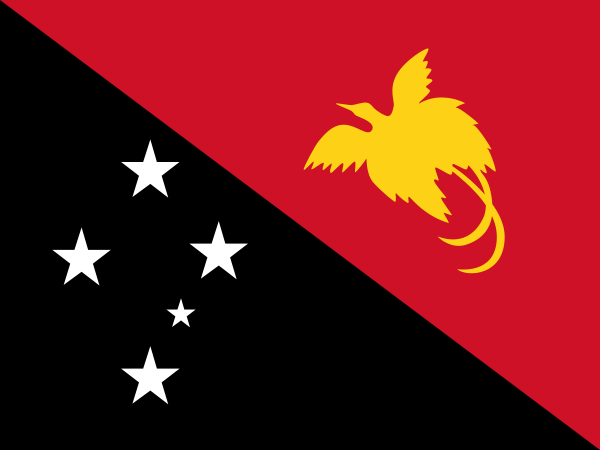 Although rich in natural resources, Papua New Guinea’s rugged terrain, the high cost of developing infrastructure and a history of political instability has hampered economic development with more than 80% of the population largely dependent on subsistence agriculture. However, the still undeveloped nature of Papua New Guinea means there are job opportunities for expatriates and Papuan returnees alike.
Although rich in natural resources, Papua New Guinea’s rugged terrain, the high cost of developing infrastructure and a history of political instability has hampered economic development with more than 80% of the population largely dependent on subsistence agriculture. However, the still undeveloped nature of Papua New Guinea means there are job opportunities for expatriates and Papuan returnees alike.
The Papua New Guinea Diaspora and Returnees
Given Papua New Guinea’s proximity to and close historic and political ties with Australia, there would be communities of Papuans living in Australia’s larger cities as well as in Queensland as some were brought over as laborers in the sugar industry. The 2011 Australian census recorded a total of 26,787 Papua New Guinea born people in Australia with Queensland having the largest number (14,500) followed by New South Wales (5428), Victoria (2534) and Western Australia (1763), but at least some of these “Papua New Guinea born people” would be Australians born in the PNG either before or after independence.
The Papua New Guinea Recruitment Market
There are an estimated 20,000 expatriates working in Papua New Guinea in all sectors of the local economy, especially in natural resources (mining, oil and gas), construction, aviation, financial services, tourism and other service sectors plus there would be both paid and unpaid volunteers working for various aid agencies and on aid projects. Many of these expatriates would be Australians, but other nationalities like Chinese, Filipinos, Indians and Malaysians are also represented in professional, managerial or executive level positions or own local businesses.
Expatriates in Papua New Guinea would be concentrated in Port Moresby with most of PNG’s government offices, diplomatic missions and educational institutions (such as the University of Papua New Guinea) being located in the suburb of Waigani. However, expatriates need to keep in mind that suitable and secure accommodations in Port Moresby, ranked by The Economist as one of the world’s least livable cities, will be expensive and may be difficult to find while just about everything needs to be imported – further adding to the cost of living for foreign expatriates in the country.
Working in Papua New Guinea
As a general rule, all managerial, professional and highly skilled jobs in the Papua New Guinea labor market are open to non-citizen employees while certain other occupations must be advertised in the local press first before a non-citizen worker can be employed. Generally speaking, a work permit application must be accompanied by a training and localization program in accordance with the Employment of Non-Citizens Act in order to ensure that there is a program in place for the transfer of skills to Papua New Guinean citizens. A work permit for an expatriate employee would be for a particular “position” and is generally valid for a period of three years plus its possible to replace the expatriate employee working in the position without obtaining approval for a new position. For further information about Papua New Guinea work permits, visit the website of the Department of Labour and Industrial Relations (Foreign Employment Division) where the Guide to the Foreign Employment Industrial Divisions and Classification of Occupations and the Work Permit Guideline: A General Guide to the Foreign Employment System in Papua New Guinea publications can be downloaded.
As for taxes, Papua New Guinea individual income tax rates are progressive up to 42% and is payable by residents on their worldwide income while non-resident individuals pay tax only on PNG sourced income. However, an individual whose only Papua New Guinea taxable income consists of fully taxed salary and wages is not required to file an income tax return unless specifically requested by the tax authorities. For further information about Papua New Guinea tax rates or PNG taxes in general, visit taxrates.cc, KPMG’s Taxation of International Executives page for Malaysia or the website of the Internal Revenue Commission (IRC).
Papua New Guinea Recruitment and Jobs Resources
For additional Papua New Guinea recruitment resources, check out the PNG tagged posts from our Brain Drain to Brain Gain blog as well as our Papua New Guinea jobs page.
